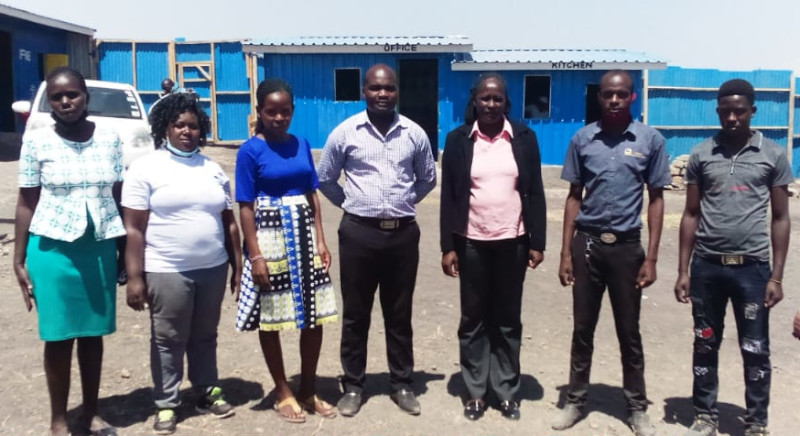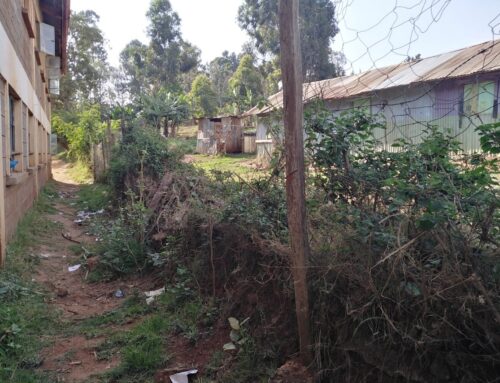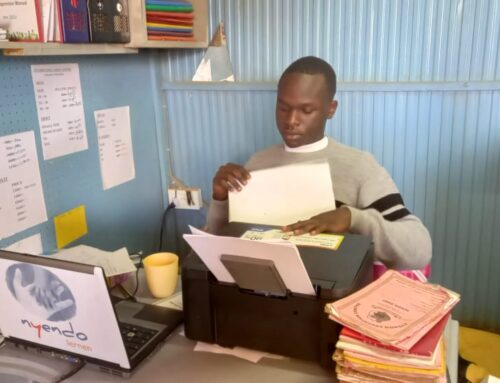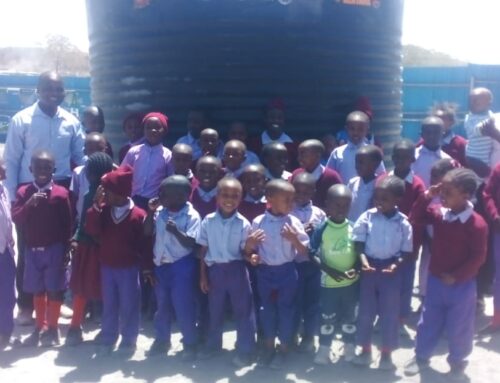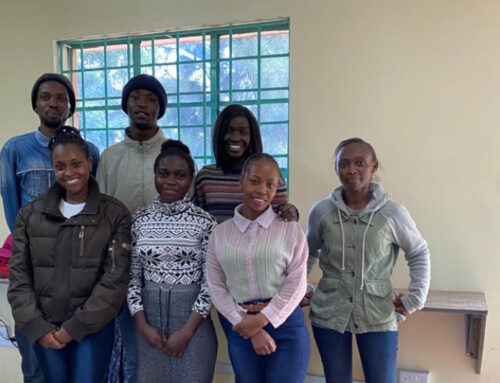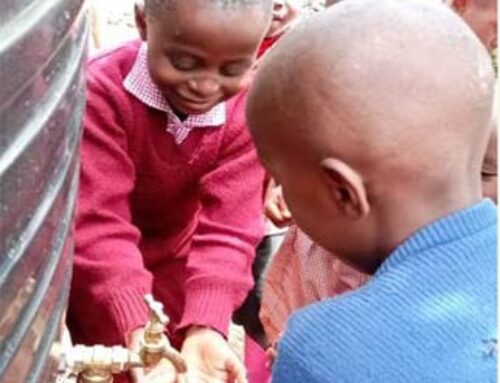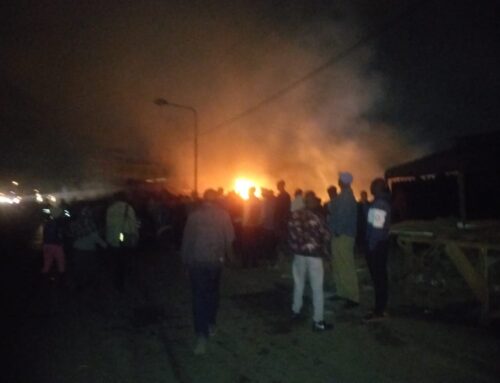The situation at our partner schools
It is with great relief that the Kenyan President ended the current and second lockdown as planned on 10 May. The situation has put a lot of strain on the people and the education system in Kenya, with many new aggravating rules. Self-help schools in the slums have been hit particularly hard. Our friends estimate that in the Kangemi slum, after the first lockdown, of the 96 community schools that existed before, 14 could no longer open and after the second lockdown, probably only about half of the schools will be available again. There is a lack of funds to maintain the schools and pay the teachers. Many teachers have had to look for other, temporary ways to earn money because of the lockdown. Some opened a small shop, sold vegetables and fruit, worked as labourers in construction, earned money by washing clothes or gave private lessons.
When the schools reopened, not all the students came back, some had moved to the countryside, others had switched to the completely overcrowded public schools and still others simply stayed at home. Not all parents are able to pay school fees, many people have lost their income. This repeatedly confronts the headmasters of the self-help schools with the difficult decision of whether and which students to send home because they do not pay school fees. After all, if no school fees are paid at all, neither rent for the school rooms nor teachers’ salaries can be paid. Whatever school fees are received is divided among the teachers as payment and for the upkeep of the school.
Some of the headmasters of our partner schools have therefore found new sources of income:
During the first lockdown, Veronicah opened a second school, the “Love-School Junior” in Mlolongo, on a plot of land she had bought a long time ago for an apple and an egg, and now already has 100 pupils. In just a few weeks, she has built nine corrugated iron rooms there, which serve as classrooms. To finance the construction of the school, she sold her three cows, among other things. She herself visits the place twice a week, and the rest of the time there are two long-time teachers from the old Love School Senior who work there and live in the neighbourhood, so they can run the new school. Veronicah sells drinking water in Mlolongo as one of her small business ideas and earns about € 50 per month. How? By having water brought from the city and filled into her tank and the teachers selling the water bottle by bottle to the neighbours at a profit. The cyber café she has been running in Kangemi for years is not doing so well at the moment.
Evelyn’s husband is a carpenter whose furniture sales in his workshop in the slum do not bring in enough to make up for the shortfall in school income. They found another space outside the slum as a showroom for his finished products. There is more demand there, a bigger market. It still hardly yields anything, but sales are slowly increasing.
At Kanyorosha School, the school garden has been planted. Patrick is looking for interested teachers to take responsibility for the garden in the future. James writes and illustrates learning and story books for students. His wish is to get financial support to publish some of his work.

